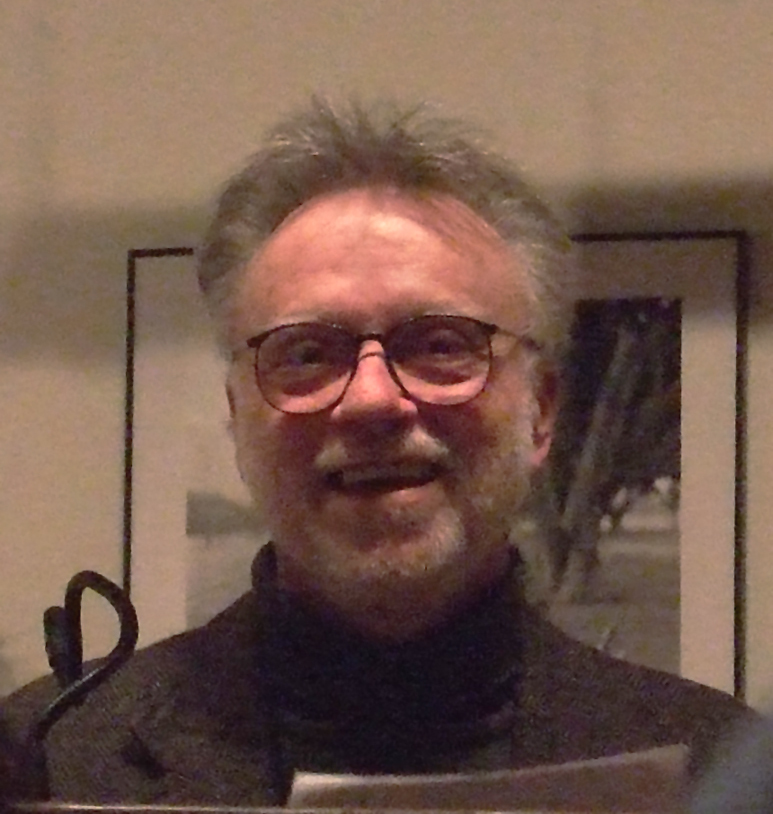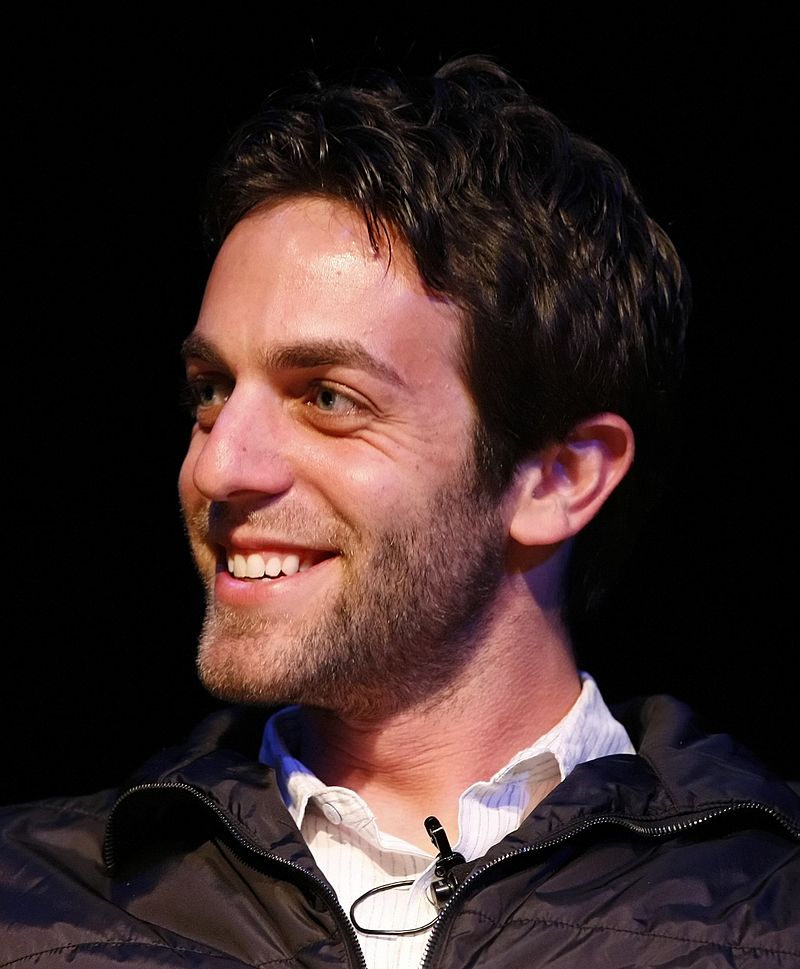 author
authorMaeve Binchy
Anne Maeve Binchy Snell was an Irish novelist, playwright, short story writer, columnist, and speaker. Her novels were characterized by a sympathetic and often humorous portrayal of small-town life in Ireland and surprise endings. Her novels, which were translated into 37 languages, sold more than 40 million copies worldwide. Her death at age 73, announced by Vincent Browne on Irish television late on 30 July 2012, was mourned as the death of one of Ireland's best-loved and most recognisable writers.
She appeared in the US market, featuring on The New York Times best-seller list and in Oprah's Book Club. Recognized for her "total absence of malice" and generosity to other writers, she finished third in a 2000 poll for World Book Day, ahead of Jane Austen, Charles Dickens, and Stephen King. Anne Maeve Binchy was born on 28 May 1939 in Dalkey, Dublin, the oldest of the four children of William and Maureen (née Blackmore) Binchy.
Her siblings include one brother, William Binchy, Regius Professor of Laws at Trinity College Dublin, and two sisters: Irene "Renie" (who predeceased Binchy) and Joan, Mrs. Ryan. Her uncle was the historian D. A. Binchy (1899–1989). Educated at St Anne's (then located at No 35 Clarinda Park East), Dún Laoghaire, and later at Holy Child Killiney, she went on to study at University College Dublin (where she earned a bachelor's degree in history), she worked as a teacher of French, Latin, and history at various girls' schools, then a journalist at The Irish Times, and later became a writer of novels, short stories, and dramatic works.
In 1968, her mother died of cancer aged 57. After Binchy's father died in 1971, she sold the family house and moved to a bedsit in Dublin. Her parents were Catholics, and Binchy attended a convent school. However, a trip to Israel profoundly affected both her career and her faith. She later said to Vulture:
In 1963, I worked in a Jewish school in Dublin, teaching French with an Irish accent to kids, primarily Lithuanians. The parents there gave me a trip to Israel as a present. I had no money, so I went and worked in a kibbutz – plucking chickens and picking oranges. My parents were very nervous; here I was, going out to the Middle East by myself. I wrote to them regularly, telling them about the kibbutz. My father and mother sent my letters to a newspaper, which published them. So I thought, It's not so hard to be a writer. Just write a letter home. After that, I started writing other travel articles.
One Sunday, attempting to locate where the Last Supper is supposed to have occurred, she climbed a mountainside to a cavern guarded by a Brooklyn-born Israeli soldier. She wept with despair. The soldier asked, "What'ya expect, ma'am – a Renaissance table set for 13?" She replied, "Yes! That's just what I did expect." This experience caused her to renounce her Catholic faith and eventually become agnostic.
Binchy was described as "six feet tall, rather stout, and garrulous." However, she actually grew to 6'1", and said in an interview with Gay Byrne of The Late Late Show that, growing up in Dalkey, she never felt herself to be attractive; "as a plump girl, I didn't start on an even footing, to everyone else." After her mother's death, she expected to lead a life of spinsterhood, saying, "I expected I would live at home, as I always did." She continued, "I felt very lonely; the others all had a love waiting for them, and I didn't."
However, when recording a piece for Woman's Hour in London, she met children's author Gordon Snell, then a freelance producer with the BBC. Their friendship blossomed into a cross-border romance, with her in Ireland and him in London, until she eventually secured a job in London through The Irish Times. She and Snell married in 1977 and, after living in London for a time, moved to Ireland.
They lived together in Dalkey, not far from where she had grown up, until Binchy's death. She said of him that he was a "writer, a man I loved, and he loved me, and we got married, and it was great and is still great. He believed I could do anything, just as my parents had believed all those years ago, and I started to write fiction, and that took off fine. And he loved Ireland, and the fax was invented so we writers could live anywhere we liked instead of living in London near publishers.
Best author’s book






















